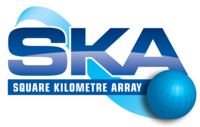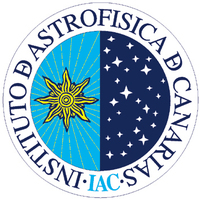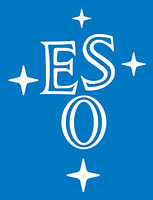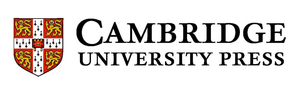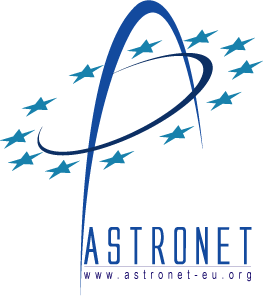Symposium S9
23 – 24 June 2015
First Science From Gaia - the Gaia Research for European Astronomy Training (GREAT) Network Science Symposium
Aims and scope
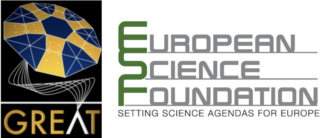 The ESA cornerstone mission Gaia was successfully launched
in Dec 2013. Gaia will provide an unprecedented all-sky astrometric,
photometric, and spectroscopic survey that promises to not only
revolutionise our understanding of the formation history of the
Milky Way, but that will also have a significant impact on many
other areas of astronomy ranging from solar system science to
quasars.
The ESA cornerstone mission Gaia was successfully launched
in Dec 2013. Gaia will provide an unprecedented all-sky astrometric,
photometric, and spectroscopic survey that promises to not only
revolutionise our understanding of the formation history of the
Milky Way, but that will also have a significant impact on many
other areas of astronomy ranging from solar system science to
quasars.
The key goals of our symposium will be for the Gaia project to provide the science community with the latest scientific and technical performance of Gaia, to present and discuss the first year of Gaia data, including science from the first year of Gaia science alerts (e.g. supernovae, novae, flare stars), and to give the community the opportunity to present the latest science results from activities carried out by and in the Gaia/GREAT community.
GREAT (an initiative of the ESA Gaia Project, Gaia Science Team and DPAC Executive) is a pan-European research network involving over 1000 researchers in 20+ countries with a common interest in maximising the science potential of Gaia. It is funded as an ESF research network programme (http://www.great-esf.eu). GREAT has supported science activity in the form of over 50 conferences, workshops and schools together with numerous exchange visits (see http://great.ast.cam.ac.uk/Greatwiki/GaiaScienceMeetings). Its working groups cover topic areas where Gaia will have major impact (e.g. galactic structure and evolution, distance scales, massive stars, end states of stellar evolution, exoplanets, solar system, statistics, to name but a few - see http://great.ast.cam.ac.uk/Greatwiki/CategoryWorkgroups). GREAT is fully open to all European (and indeed world wide) astronomers, and will expand further 2015-2019 through the GREAT2Net programme.
GREAT plenary meetings have run since the kickoff meeting in 2009, allowing members of the GREAT and wider community to participate in a dynamic fashion. They are structured around Gaia updates, presentations from related organisations (e.g. ESO), reports from new initiatives, and new science results from the network activities.
Since 2012, the GREAT plenary has been organised within the EAS EWASS. Last year (2014), the GREAT plenary was organised as Science Symposium (S3) in Geneva, and took place in seven sessions over three days (where the last of these sessions also gave an introduction the following special session on asteroseismology (SpS2)) (see http://great.ast.cam.ac.uk/Greatwiki/GreatMeet-PM7 and http://www.great-esf.eu/events/Geneva-Jul14/). The meeting included presentations detailing both the commissioning results from Gaia, Gaia data, the Gaia alerts stream and science theory and observations in Gaia related topics.
This meeting will follow a similar format to last year - where the community will be able to actively participate in the creation of the programme, and the meeting.
Programme
The programme will be available at the meeting website - see http://www.great-esf.eu/events/LaLaguna-Jun15/
The main list of topics will be:
- Gaia / GREAT Status
- Gaia Performance Evaluation
- First Gaia Data - Alert Stream
- Focus science - Gaia Transients
- Focus science - Preparing for exploitation of the first Gaia data release
- Focus science - Gaia Milky Way surveys, plans from ESO updating on ground based synergies with Gaia, and new instrument initiatives
- Gaia science highlights from the GREAT science working groups
Invited speakers
The speakers and programme will be available at the meeting website - see http://www.great-esf.eu/events/LaLaguna-Jun15/
Scientific organisers
The co-Chairs are Nicholas Walton (Institute of Astronomy,
University of Cambridge, UK) and Timo Prusti (ESTEC, ESA).
The organising committee consists of: Conny Aerts (Leuven, B), Joao
Alves (Vienna, AT), Anthony Brown (Leiden, NL), Josef Durech
(Prague, CZ), Laurent Eyer (Geneva, CH), Eva Grebel (Heidelberg, D),
Carme Jordi (Barcelona, E), Lennart Lindegren (Lund, S), Francois
Mignard (Nice, F), Andre Moitinho de Almeida (Lisbon, P), Karri
Muinonen (Helsinki, FI), Dimitri Pourbaix (Brussels, B), Sofia
Randich (Arcetri, I).
Contact
Nicholas A Walton (naw @ ast.cam.ac.uk)
Updated on Thu Nov 13 21:03:02 CET 2014
|
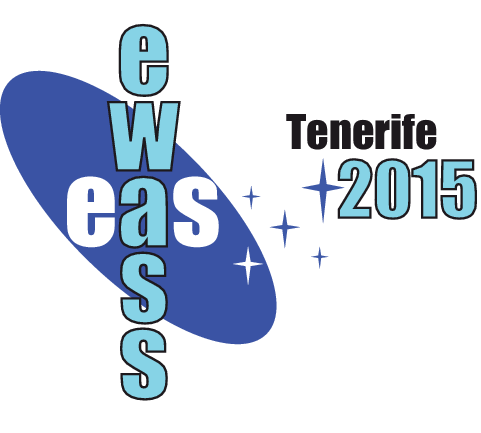
 A power cut will shut down all EAS services on Tuesday, 10 January 2017 starting at 7:30 CET.
A power cut will shut down all EAS services on Tuesday, 10 January 2017 starting at 7:30 CET.


